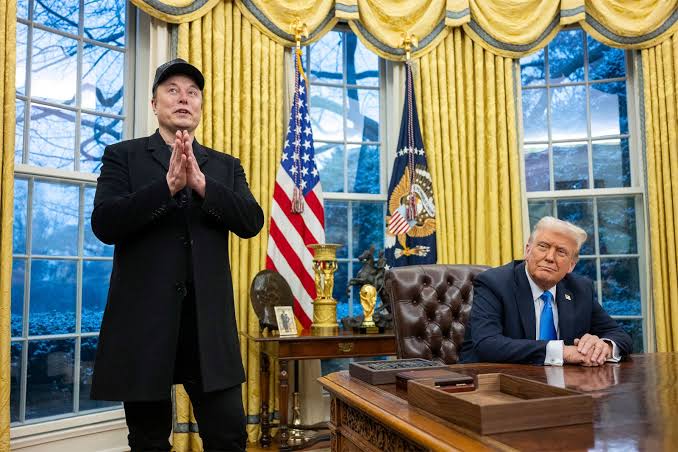In a controversial move, the U.S. Supreme Court has granted the Trump administration’s emergency request to lift a lower court’s order that had temporarily blocked the Department of Government Efficiency (DOGE) from accessing sensitive personal data held by the Social Security Administration (SSA).
The data in question includes Americans’ Social Security numbers, medical and mental health records, and financial details, raising serious privacy concerns nationwide. DOGE, a little-known agency created during Donald Trump’s presidency and reportedly led by Elon Musk until recently, has come under scrutiny for operating in secrecy while gaining access to critical government systems and data.
Court Sides with Trump Administration Without Full Explanation
The Court’s unsigned order allows DOGE to proceed with accessing the SSA database immediately, even as legal battles continue in the lower courts. Notably, the ruling did not provide a detailed justification for granting emergency relief to the administration.
Legal and civil rights advocates argue that the ruling undermines constitutional checks on government power. Critics believe it dangerously prioritizes executive authority and secrecy over individual privacy rights.
Watchdog Group Condemns Decision
Reacting to the Court’s decision, American Oversight Executive Director Chioma Chukwu issued a strong statement, accusing the Court of enabling unchecked government surveillance while reducing transparency.
“The irony could not be more stark: On the same day the Supreme Court made it easier for the government to intrude on individuals’ most sensitive private information, it also made it harder for the public to uncover how that same government may be misusing that information behind closed doors,” said Chukwu.
She added that the ruling “sets a dangerous precedent” and warned that it erodes democratic accountability by shielding those in power from scrutiny.
In a sharply worded dissent, Justice Ketanji Brown Jackson, joined by Justice Sonia Sotomayor, criticized the majority decision for allowing DOGE “unfettered access to this personal, non-anonymized information” before courts could assess whether such access is even lawful.
“This decision creates grave privacy risks for millions of Americans,” Jackson wrote, warning that the government is being allowed to “ditch the usual protocols for accessing SSA data.”
She further accused the majority of favoring the executive branch and weakening lower courts’ authority by overruling their effort to enforce legal protections for citizens.
DOGE’s role in Trump-era governance has drawn increasing attention. The agency was originally tasked with streamlining federal operations but has since faced criticism for acting with limited oversight and unclear legal boundaries.
American Oversight has been actively investigating DOGE’s involvement in efforts to restructure federal agencies, including the SSA. Earlier this year, the group launched a major inquiry into the administration’s plans to overhaul Social Security, raising alarm over possible disruptions to beneficiaries’ access to essential services and benefits.
What Comes Next?
As legal proceedings continue, advocates fear the current ruling could open the door to further erosion of privacy protections in the digital age. Many now call on Congress and watchdog bodies to step in and demand more transparency and oversight over agencies like DOGE.
For millions of Americans, the concern remains: Who is watching over the data, and who is watching the watchers?












